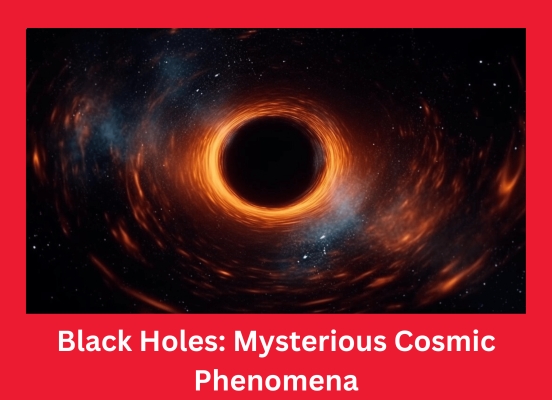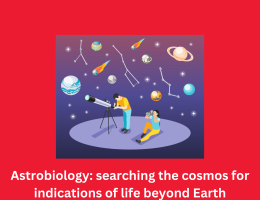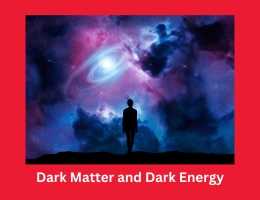
Black Holes: Mysterious Cosmic Phenomena
- By admin --
- Friday, 08 Mar, 2024
Black holes are one of the most mysterious and interesting things in the universe. No one, not even light, can escape their enormous gravitational strength. Despite initial skepticism, emerging empirical data and theoretical physics documents have made us aware of their importance in understanding the universe. We will look at the nature, advent, types, observable records, and the sizable outcomes black holes have for our comprehension of space, time, and the guidelines of physics in this research of black holes.
Nature of Black Holes:
A black hole is basically an area of spacetime wherein gravity is so robust that get away pace is quicker than mild. Whatever crosses this barrier, regularly known as the occasion horizon, is irrevocably dragged into the singularity on the black hollow's center. It is the factor of no return. The singularity is a point of countless density wherein the present know-how of the policies of physics breaks down.
There are styles of black holes: stellar-mass black holes, that are created when big stars disintegrate, and supermassive black holes, which are located at the cores of galaxies and have loads which are tens of millions or billions of times extra than that of the Sun. There also are intermediate-mass black holes, but they may be much less frequently detected. Their masses fall between the ones of stellar-mass and supermassive black holes.
Formation of Black Holes:
Depending on their mass, black holes originate thru a whole lot of strategies. When big stars reach the cease of their existence cycles, they generally fall apart due to gravity, growing stellar-mass black holes. A big star stories a catastrophic fall apart while its nuclear gas runs out and it's far not able to sustain its personal weight against gravity. A supernova explosion is set off with the aid of this disintegrate, and a compact object that can create a black hollow is fashioned via the fall apart of the big name's middle.
On the other hand, processes involving the accretion of matter and the merging of smaller black holes over cosmic time intervals are expected to generate supermassive black holes. These good sized creatures live inside the galactic cores and are critical in controlling the growth and improvement of the host galaxies.
Types of Black Holes:
Different forms of black holes may be distinguished via their mass, electric powered price, and angular momentum. Schwarzschild black holes have only two residences: mass and radius. They are electrically impartial, non-rotating items. Because the parent big name's spin become such that they'd rotational momentum after they created, Kerr black holes are spinning black holes. Reissner-Nordström black holes, also referred to as charged black holes, have an electric powered charge that modifies their gravitational characteristics.
Observational Evidence:
Despite the fact that black holes don't emit light, their presence may be inferred through a number of observational methods. One such method is detecting the gravitational influence of a black hole on its surrounds. For instance, a nearby celestial body or gas cloud may orbit a black hole due to its gravitational pull, emitting radiation that may be visible to telescopes.
One other approach is to inspect the effects of the gravitational lensing, a phenomenon whereby the gravitational field from a black hole curves and alters light from ancient objects to produce distinctive patterns in observed pictures.
Further proof for the existence of black holes is afforded by the observation of X-ray emissions coming from regions of strong gravitational force and their accretion disks.
Implications and Mysteries:
Black hole singularities where quantities like density and curvature become infinite are a pointer at failures in the current theories particularly with respect to reconciling general relativity and quantum theory. This casts doubt not only on our understanding for space and time but also gravity while still raising even more questions about the nature of truth.
Moreover, black holes can be able to launch radiation as a result of quantum phenomena near the event horizon, consistent with the Hawking radiation phenomenon, which became anticipated by scientist Stephen Hawking. This offers upward thrust to the counterintuitive idea of black hole evaporation, wherein, over substantial time durations, black holes step by step lose mass and ultimately disappear.
Conclusion:
Black holes are among the most fascinating and mysterious phenomena in the cosmos. Despite this, the public and scientists are curious about their origins, classifications, observable facts, and implications for our understanding of physics and cosmology. As scientists continue to investigate the nature of black holes, they may potentially find fresh information about the fundamental theories governing the universe and our place inside it.





